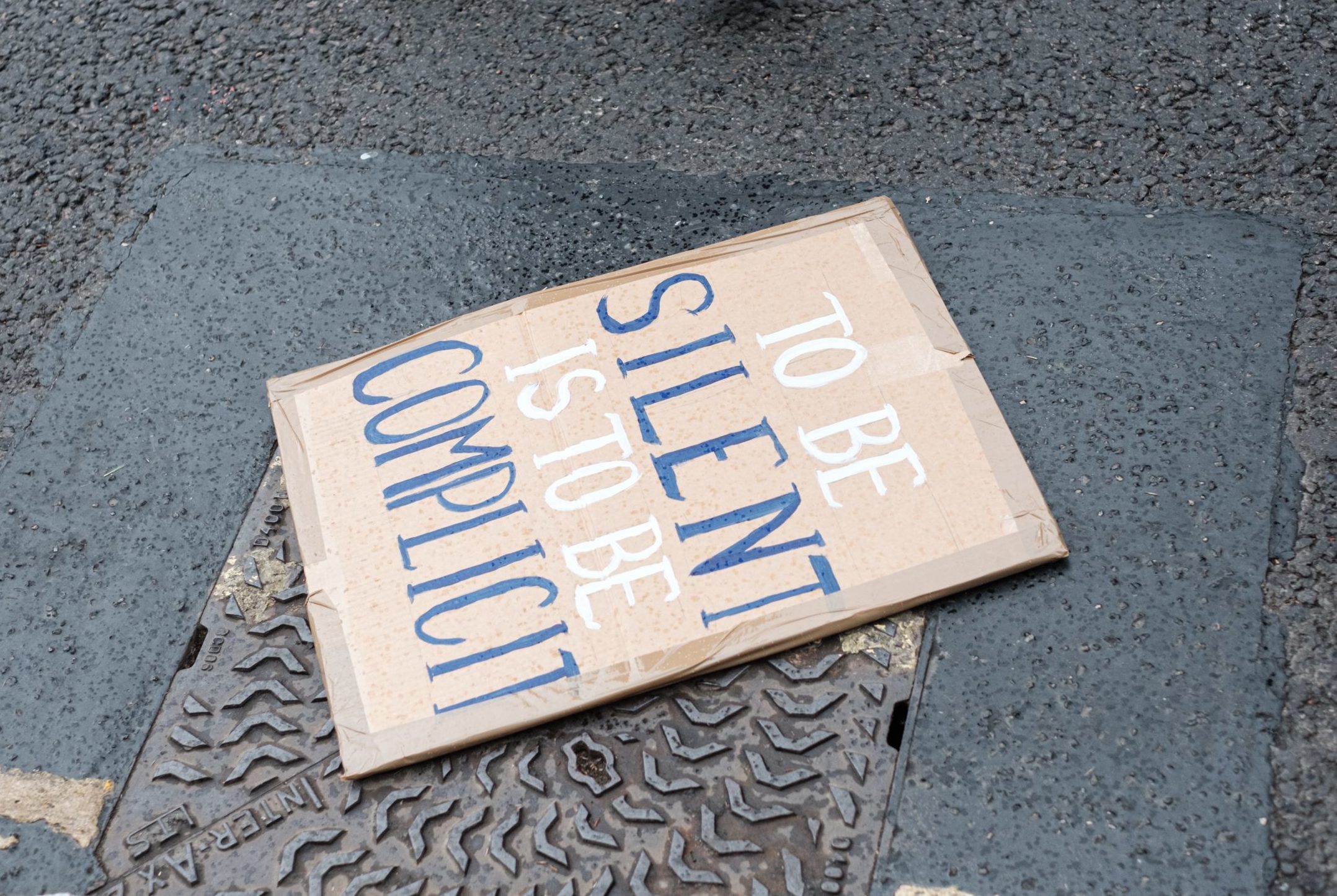Make Black History Month last the entire year in 2022

Editor’s Note: This blog is part of our “Equity in Disasters” series. The series, which focuses primarily on racial equity and justice issues, also explores how these intersect with other kinds of marginalization and the ways that historical and systemic discrimination create an uneven playing field for recovery.
We shouldn’t think about breast cancer solely in October, or LGBTQ+ rights only in June, or Black history just in February. These should be issues that we are concerned about year-round, day in and day out. But at the same time, there can be a role for celebratory days or months to highlight issues and achievements facing specific communities.
Since moving to the U.S., I’ve been pleased to learn about Martin Luther King, Jr. Day in January and, more recently, to see Juneteenth become a national holiday. That helps move the discussion of Black history into at least two other months of the year.
At the Center for Disaster Philanthropy (CDP), Black history and issues of anti-Blackness and other racial inequalities are things that we think about continually. In 2021, we released our statement on Racial and Intersectional Equity (RIE). Our commitment to RIE isn’t just in a particular month or time of the year but rather is a thread we are embedding into the fabric of all the work we do at CDP.
It’s very much a “yes and” for us, rather than an “either/or.” That is, YES, we discuss and highlight issues of racial equity and other intersectional injustices separately, AND we also include them as an underlying theme in all of our work.
When it comes to disasters, this is important. As we have highlighted in other blog posts, such as these on why equity matters and the intersectionality of disasters, racial inequality is a significant issue in disaster recovery. And one’s starting point before a disaster often predicts one’s ending point when disasters strike. Root cause issues in society, such as poverty, housing and family composition, make recovery more challenging for certain people and communities.
CDP’s RIE statement outlines our commitments to change the baseline and improve disaster recovery outcomes. We say, “To achieve our vision and uphold the values of an RIE-centered organization in all that we do, including our funds, educational resources, consulting services, internal culture, collaborations and processes, CDP board and staff pledge to lead by example by:
- Continuing to learn from and following the lead of underrepresented and underserved communities for when, where and how we support our communities.
- Investing in the capacity, programs and advocacy efforts of organizations led by or accountable to Asian American and Pacific Islander, Black, Indigenous and Latinx communities, and other marginalized groups.
- Using our voice and privilege to raise awareness of issues facing racialized or marginalized populations through public and private statements, through our storytelling, within our grantmaking and openly in our partnership and funder discussions.
- Encouraging grantee partners to provide access to culturally competent training and comprehensive information resources on racial intersectional equity approaches to their frontline workers.
- Being attentive to the words and images we use in our programming and advocacy.
- Creating an inclusive work environment that is open and receptive to individual expression, honest constructive feedback and uncomfortable conversations.
- Standing in solidarity with other allies against racism, white supremacy, gendered violence and violence against racialized and other marginalized communities.
- Acknowledging that to achieve this vision, we must lead by example, addressing systemic social and political disparities as part of a holistic and intersectional approach to securing long-term equitable recovery after disasters.
We encourage all funder, grantmaker, affinity group, corporate, non-governmental and governmental partners of CDP to look at their organizations and practices and determine their own commitments. Make 2022 a year when Black History Month doesn’t end on Feb. 28, but carries through the remaining 10 months and into 2023.
